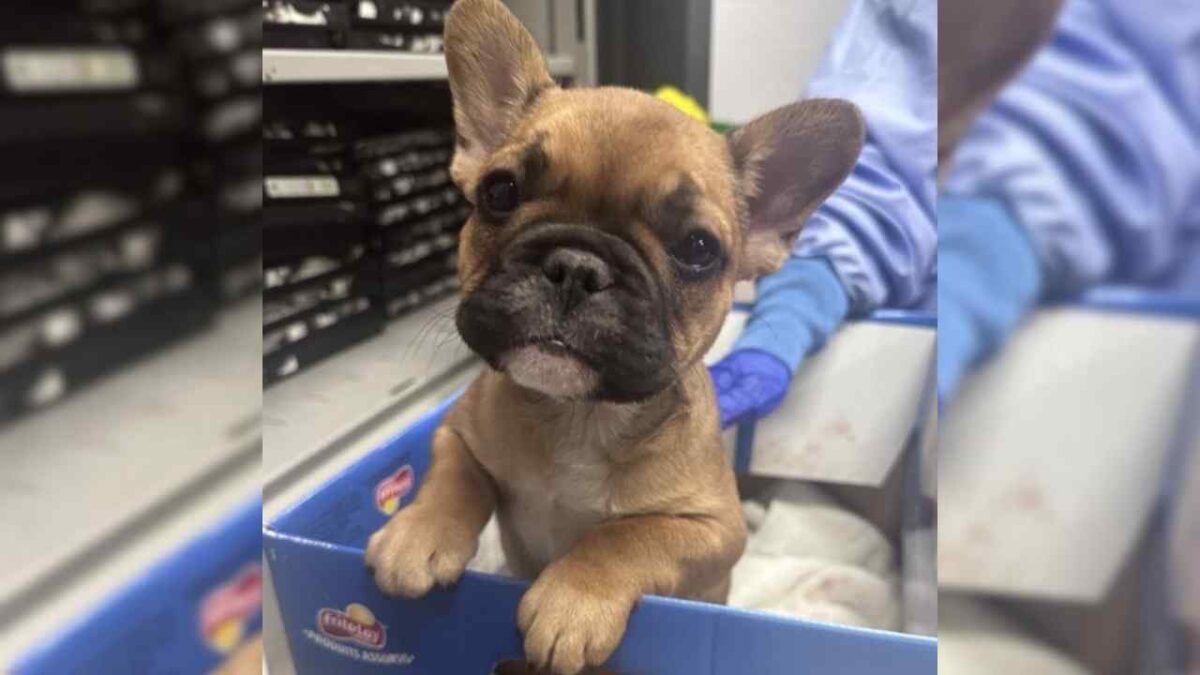Animal shelters across the country are still dealing with the aftermath of ‘pandemic pets’ – animals that were purchased during the pandemic.
Shelters have experienced an increase in surrenders since the pandemic, and the animals that are being surrendered often suffer from behavioural and health issues, explained Barbara Cartwright, CEO of Humane Canada, Canada’s national federation of Societies for the Prevention of Cruelty to Animals (SPCAs) and humane societies.
This means that animals are staying in shelters longer before being adopted.
“Since the pandemic, shelters are experiencing a flood of surrenders,” Cartwright said in an interview with rabble.ca. “The specific things we’re seeing post pandemic is that the top drivers of surrender are health and behavior issues.”
Cartwright said this is often linked to puppy mills, which many people unintentionally purchased from during the pandemic as mills posed as ethical breeders or shelters.
“Irresponsible breeding typically affects their health and welfare, and, as you can imagine, their genetics,” Cartwright said. “And then having health and behavior issues is tied directly to the increasing cost of vet care.”
The cost of vet care is another common reason people surrender their animals, Cartwright said.
Dogs staying in shelters longer
Municipal animal shelters in Toronto have also been facing an increase in surrenders post pandemic, specifically of large dogs with behavioral issues, said Sue Shearstone, manager of animal services shelter operations at the City of Toronto.
“The trend lately, it’s been large dogs for sure, and that’s been our focus,” she said in an interview with rabble.ca. “A lot of people were staying home, working remote, and during the COVID period, they weren’t able to get the animals out for proper socialization.”
This lack of early socialization resulted in behavioural issues, explained Shearstone. For some pandemic pet owners, this only became noticeable once lockdowns ended and people returned to their normal routines.
“We saw a lot of animals coming in that weren’t used to being out in the environment,” Shearstone said. “They have issues with reactivity towards other dogs or towards people because they weren’t out there getting socialized.”
The City of Toronto Animal Services is now running programs to try to encourage more people to adopt big dogs, as their time spent in shelters is typically longer than smaller dogs and cats.
At Humane Canada, Cartwright said they’re also seeing more dogs requiring longer shelter stays and resources to get them ready for adoption. This has left many shelters at or over capacity.
“It can take weeks or months to get them ready for adoption,” Cartwright explained. “Then we don’t have space to bring in more animals. So, we’re at a critical point in sheltering in Canada right now.”
Trying to keep pets in the home
The decision to surrender a pet is almost always a last resort, said both Cartwright and Shearstone.
“Canadians love their animals,” said Cartwright. “And so, if they’re making that decision, most times it’s because they don’t feel like they have another option.”
Cartwright explained that Humane Canada works on providing support to lower income families who are considering surrendering their animals to try and help keep pets in the home.
“One of the things Humane Canada and our members have been working on is creating more and more pet food banks,” she said. “Making sure that human food banks also have a pet food component or a cat litter component.”
Shearstone said this is also a goal at municipal shelters in Toronto.
“The focus is on – how do we help you keep your pet?” she said. “We do a lot of proactive work to try and keep the pets with their owners because we know how important the animal human bond is.”
City of Toronto shelters help provide pet food and other resources for a period if someone is struggling financially. They also help connect owners to behaviorists and trainers if they’re having difficulty managing behavioural issues.
“People don’t have to feel alone,” Shearstone said. “Reach out to your municipality, see if there’s resources out there that you could access.”
How to ethically gift a pet
Many shelters experience an increase in adoptions over the holiday period from people who want to gift an animal. But Cartwright said that adoptions need to be done carefully in order to maximize success.
“I think the first thing is to think about it not as gifting an animal, but rather adding to your family,” Cartwright emphasised. “Around the holidays, there’s a lot of high energy. And so, that’s a challenging environment to bring a new family member into.”
Cartwright suggested gifting a coupon or voucher for a local shelter on Christmas – and not the physical pet.
“Say, you know, ‘me and the kids are going to go, and we’re going to go to the Humane Society, and we’re going to find that perfect pet for us,’” she said. “You can still get the excitement, and you can put a cat bed, cat toys, and cat food under the tree.”
Shearstone said holiday celebrations can be overwhelming for animals, so people should consider their household’s activity levels before deciding when to bring an animal home.
“When animals come out of a shelter, they really need to go through a time out period, where they can just learn their new environment,” she said. “So, if you’re having a busy holiday season in your home, that might not be ideal for a dog who’s just trying to decompress.”
But Cartwright said the most important thing people can do to help animals in shelters is to adopt, and not purchase.
“Given the shelter crisis that we’re in right now, we need everybody adopting,” she said. “There’s lots and lots of animals waiting for homes.”



